In a revealing statement from his newly published book, former Nigerian military leader General Ibrahim Badamasi Babangida (IBB) has debunked the long-standing narrative surrounding the 1966 military coup, widely labeled as the “Igbo Coup.” Babangida asserts that this characterization is a false narrative that has been used to misrepresent historical events.
The 1966 coup, the first in Nigeria’s post-independence history, led to the deaths of several prominent northern and western leaders, sparking ethnic tensions that culminated in the Nigerian Civil War.
For decades, it has been portrayed by some as a calculated move by Igbo officers to seize power, a claim Babangida now challenges with fresh perspective.
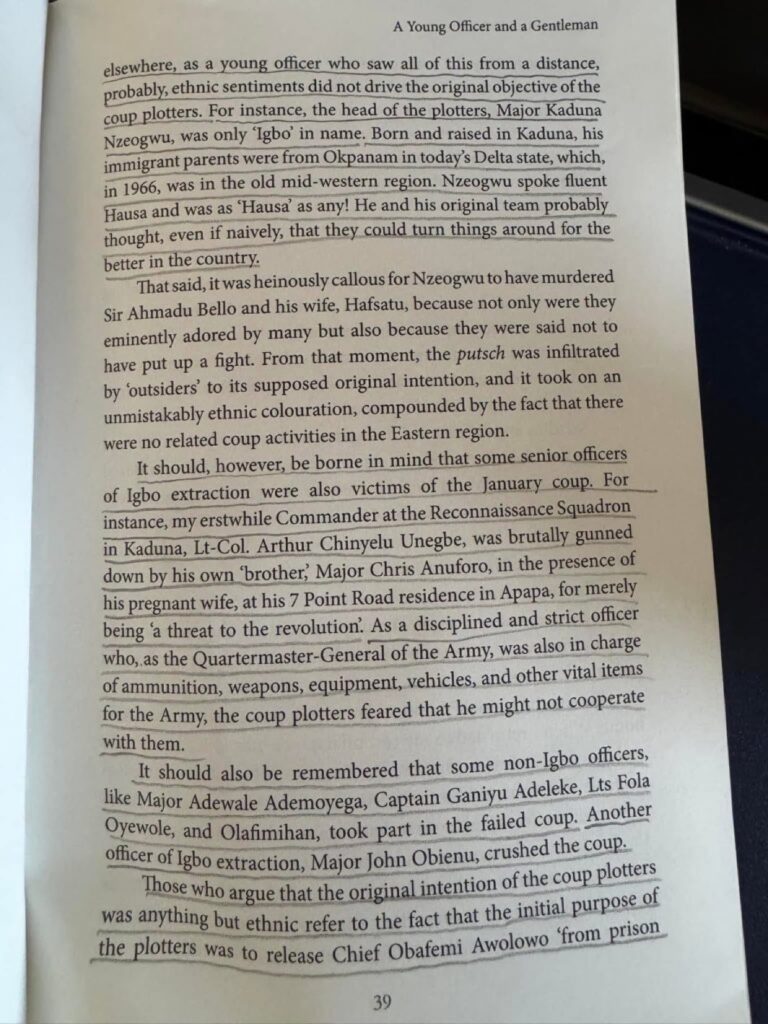
According to Babangida, the branding of the coup as an “Igbo Coup” was a deliberate distortion that fuelled division and mistrust among Nigeria’s diverse ethnic groups. He argues that the events of January 15, 1966, were the result of a broader discontent within the military and political class, not an ethnic agenda driven by the Igbo people.
Historians have noted that while the coup was led by a group of mostly Igbo officers, including Major Chukwuma Kaduna Nzeogwu, its motivations were rooted in frustration over corruption and regional favoritism in the First Republic, rather than a tribal power grab.
Babangida’s book seeks to set the record straight, urging Nigerians to reconsider the myths that have shaped national discourse.
The retired general’s revelations shine a spotlight on what he describes as the profound injustices Nigeria has inflicted on the Igbo population since independence.
READ MORE: https://parallelfactsnews.com/adeleke-insists-osun-lg-poll-will-hold/
The aftermath of the 1966 coup saw widespread pogroms against Igbos in the north, leading to the deaths of thousands and the displacement of many more.
This violence set the stage for the Biafran secession and the ensuing civil war from 1967 to 1970, which left deep scars on the Igbo community.
Babangida contends that the misrepresentation of the coup has been used as a tool to justify discriminatory policies and attitudes toward Igbos, perpetuating their marginalization in Nigeria’s political and social landscape.
Perhaps most strikingly, Babangida points to the ongoing exclusion of Igbos from the nation’s highest office as evidence of this enduring prejudice.
Despite their significant contributions to Nigeria’s economy and culture, no Igbo individual has been elected president in the country’s democratic history, a fact many attribute to lingering biases rooted in the “Igbo Coup” narrative.
As Nigeria approaches another election cycle, Babangida’s book calls for reflection and reconciliation, urging the nation to confront these historical lies and address the systemic barriers that continue to hinder Igbo representation.
His words add a powerful voice to the growing demand for equity and a reassessment of Nigeria’s complex history.
Follow the Parallel Facts channel on WhatsApp: https://whatsapp.com/channel/0029VaCQSAoHgZWiDjR3Kn2E



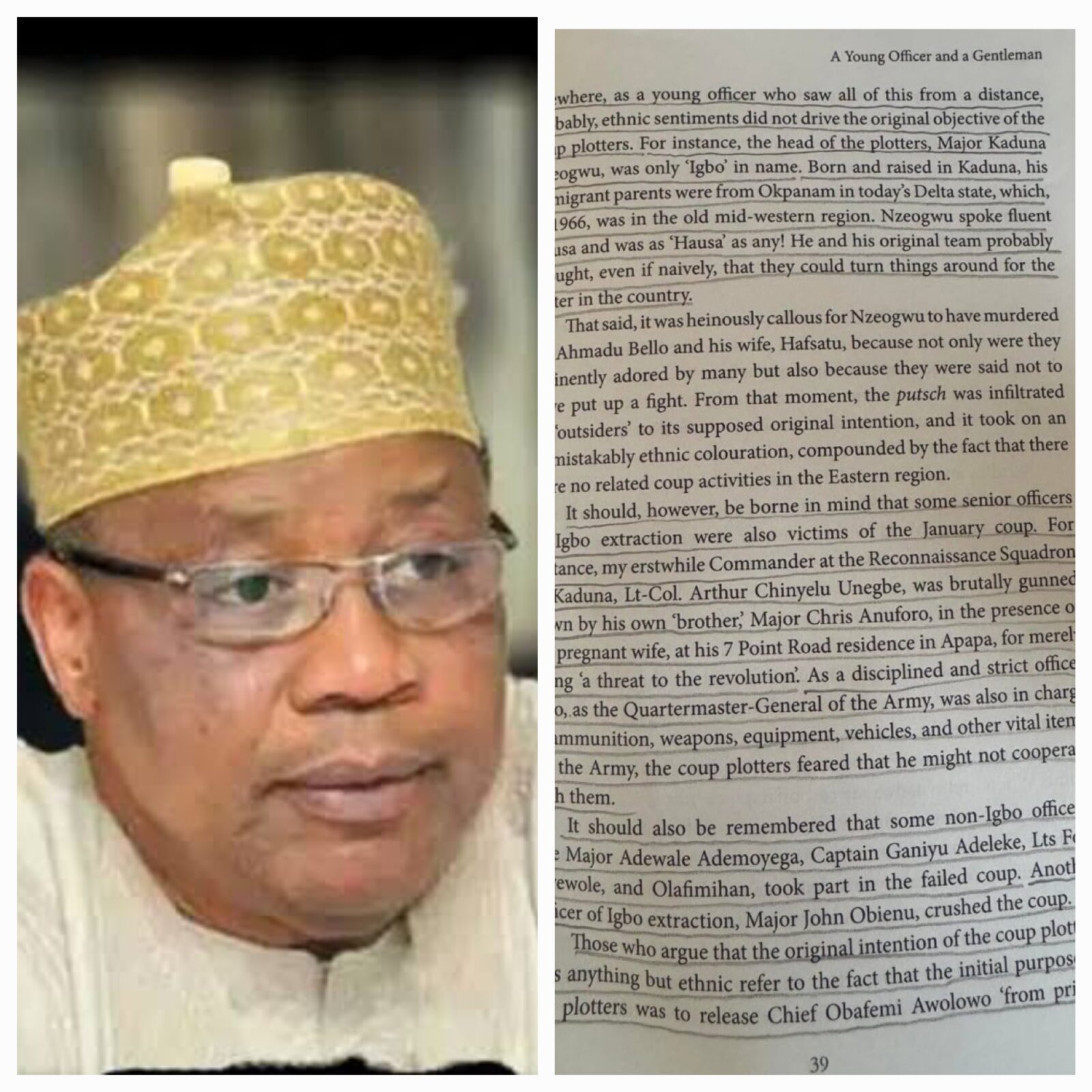
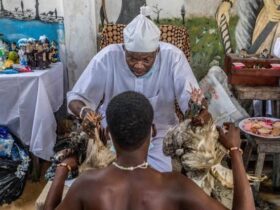
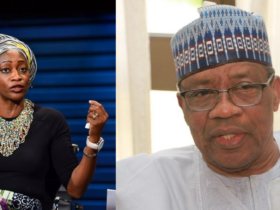
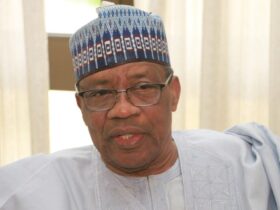
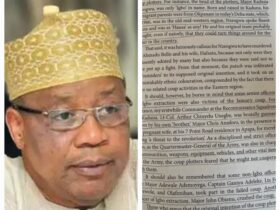
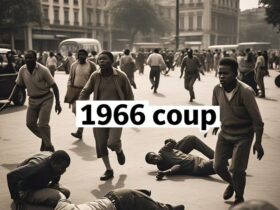
Leave a Reply